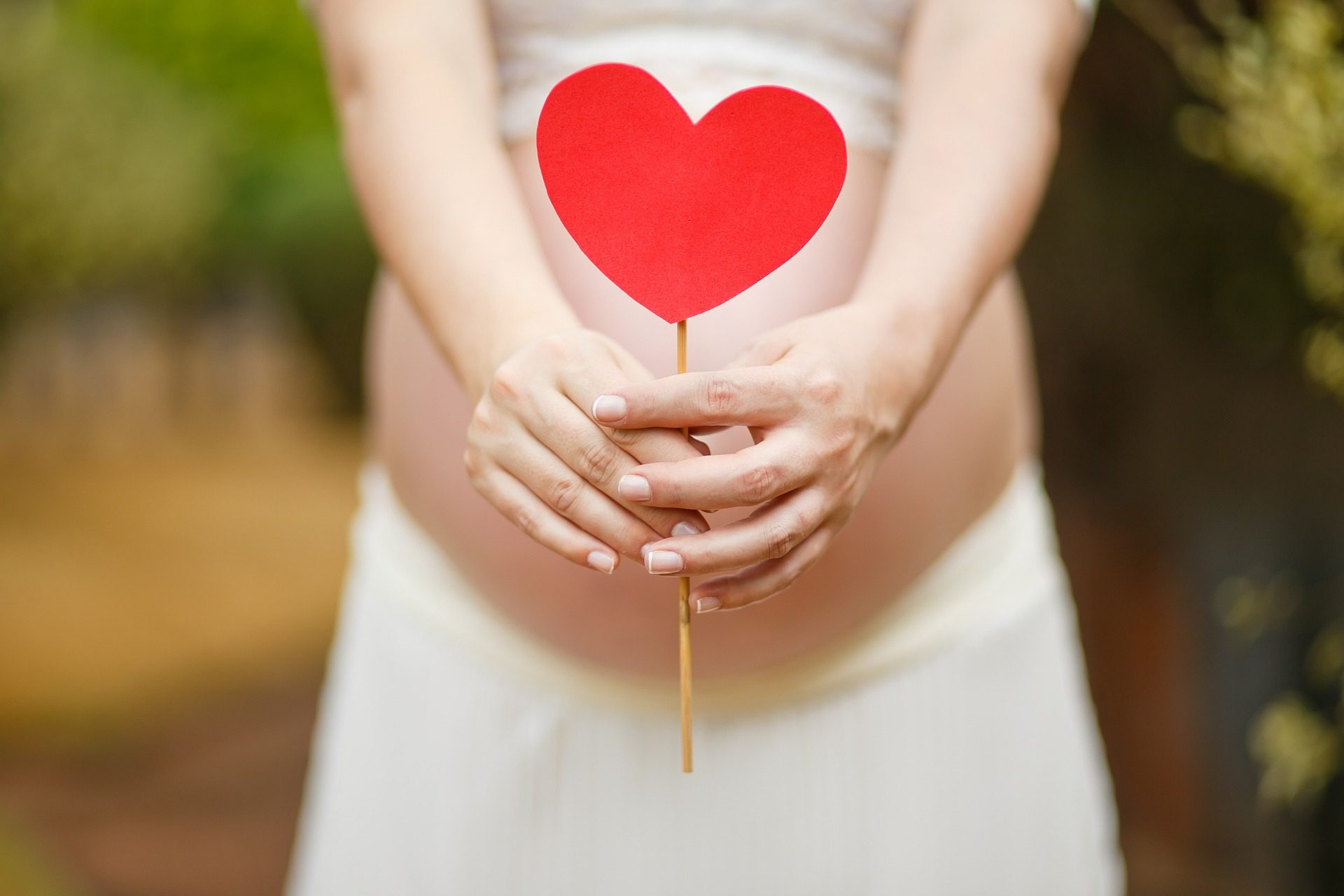 We are sure that many women think about attachment before deciding to become a surrogate. It’s reasonable to believe that if you become attached to your own children during pregnancy, you would be attached to the child you are carrying for the Intended Parents.
We are sure that many women think about attachment before deciding to become a surrogate. It’s reasonable to believe that if you become attached to your own children during pregnancy, you would be attached to the child you are carrying for the Intended Parents.
This is also often a common concern for the Intended Parents, so we wanted to address this question and explain what happens between the baby, the surrogate, and the intended parents.
It would appear to be obvious that a surrogate mother would become attached to the child that she carried for months and gave birth to. But for many surrogate mothers, this does not take away from the ultimate purpose—providing Intended Parents with a baby to start their own family. Many surrogates recognize what they are doing as a job and do not in fact, become emotionally attached.
It’s also important to remember that the surrogate has no biological link to the baby. The lack of this biological connection between the surrogate and the baby plays a large role in how surrogate mothers prepare themselves for this moment, knowing that this baby is not related to them. ‘
Women who become surrogate mothers do so because they want to help someone else have a baby and experience the joy of parenthood. They look forward to giving the baby to the intended parents and witnessing the emotions and happiness of the intended parents as they meet their baby for the very first time.
At Shared Conception, all surrogate mother applicants undergo a full psychological evaluation and clearance process and must also complete a comprehensive application that includes medical and psychological questions. In addition, they must have their own children and be in a happy, stable living environment and have the full support of their spouse or partner if they are in a relationship or marriage. These requirements ensure that the surrogate mother is less likely to have attachment issues or postpartum depression once the baby has been born.
For many surrogates, to help overcome any emotions they may still have after giving birth, they often make plans with their own family to take a trip or do something special so they can all refocus and adjust to post-pregnancy life.
So what about the baby itself? Sometimes Intended Parents wonder how being born via surrogacy will affect their connection with the baby. Taking an active role in preparation for the baby will help with the emotional transfer after birth. Intended parents and the surrogate should discuss in advance how the baby’s first moments will be.
There have been many studies conducted on children born via surrogacy, and most conclude that “children born through surrogacy experience no long-term emotional or psychological harm in regards to being born via surrogacy. Likewise, most parents and babies “experience healthy attachment around the time of birth and beyond”.
Interested in Surrogacy?
If you are interested in learning more about surrogacy options or are interested in becoming a surrogate mother, please contact us at 713-622-1144, and we will be here to help you with any questions.


Recent Comments